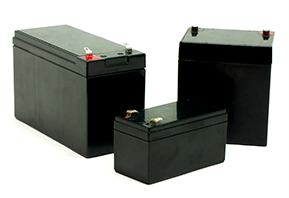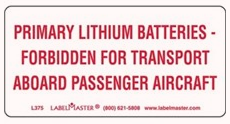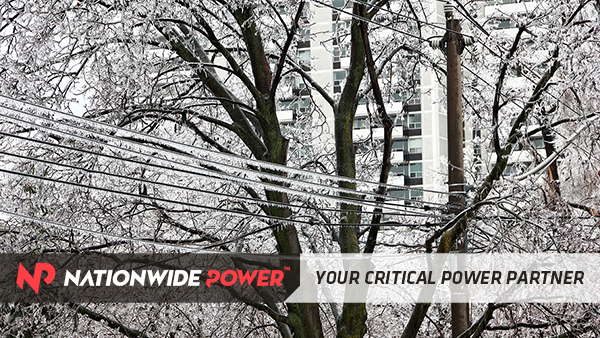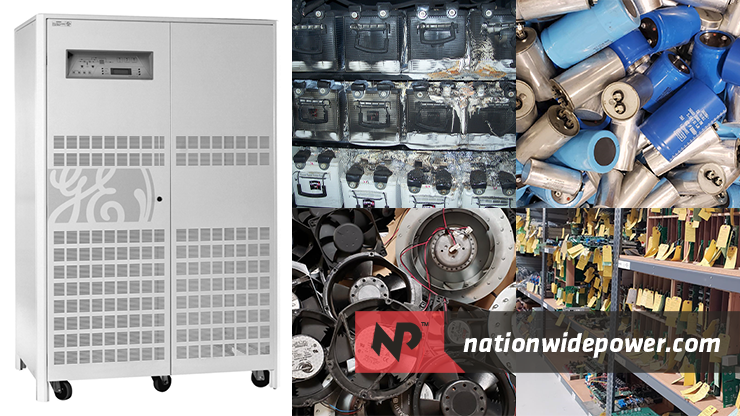News Article

Lithium-Ion or Sealed Lead-Acid Batteries for UPS Systems – Which is Better?
In the spirit of National Recycling Day, Nationwide Power is ready to chime in on the lithium-ion vs sealed lead-acid battery debate.
New technology is often a great thing, leading to cleaner, safer, more cost effective, and more efficient ways of doing business. The recent introduction of lithium-ion batteries had hopes of doing all these things. While Nationwide Power has a reputation of being an early adopter of new technology, a little more vetting was needed before embracing lithium-ion batteries as the better UPS battery option over lead-acid batteries. There simply wasn’t enough information, and it wasn’t clear that the benefits of lithium-ion justified the premium price tag to the customer.
There has been much hype over lithium-ion batteries for UPS systems over the past couple years, emphasizing more efficient energy, better recharging capability, and longer life span. When you look closer however, these claims either aren’t 100% accurate, or the cost isn’t worth the reward.
What about the claims of lithium-ion being more efficient? Which option is better for the environment? Which one has a lower total cost of ownership with UPS systems – lithium-ion or lead-acid batteries? Nationwide Power has conducted their own research and found the following:
Which is more efficient and/or better for the environment: lithium-ion or lead-acid batteries?
- Lithium-ion batteries are considered hazardous material (Class 9) and cannot be moved via air freight, extending lead times or downtime. Lead-acid batteries are not classified as hazardous material.
- Lithium-ion batteries are not easily recyclable and must be sent overseas, which raises costs to transport and puts additional strain on our environment. Lead-acid batteries can be recycled up to 98%, all of which can be done domestically.
- Lithium-ion batteries take three times more energy to produce over lead-acid batteries (450 kWh per 1 kWh lithium and 150 kWh for 1 kWh of lead).
- More energy is required to charge lithium-ion batteries as lithium-ion has a higher energy density than lead-acid.

Does lithium-ion have a lower total cost of ownership over lead-acid batteries?
- Right out of the gate, lithium-ion batteries are nearly triple the cost of lead-acid batteries.
- Don’t forget about shipping. Less than 1% of lithium-ion batteries are produced domestically, which means hefty freight charges are likely being passed down to the consumer, not to mention the risky supply chain.
- From a safety perspective, most data rooms are set up for Halon type fire and safety systems, which is an ineffective system for combating lithium-ion fires. Wherever lithium-ion batteries are used, a secondary fire system utilizing water must be considered. Can you imagine putting water on your critical power components and servers?
- Due to the specialty and safety of using lithium-ion batteries, only UPS OEMs are being trained in proper servicing by Samsung, who is the largest manufacturer of lithium-ion. This limits the number of service providers who are qualified to service and maintain lithium-ion installations, and ultimately increases the maintenance price tag.
Since the introduction of lithium-ion batteries as a replacement option for lead-acid batteries, Nationwide Power has taken a highly conservative and neutral stance. There were too many unknowns and not a great enough understanding of lithium-ion batteries to jump into all the “excitement” surrounding them. Nationwide Power will continue to monitor the development of the lithium-ion market and will proceed with whatever is best for our customers.
Need Preventive Maintenance?
Latest News

The Winter Advantage: Why Replacing UPS Batteries During Winter Is a Smart Move
News Article As the winter season approaches, it's an ideal time to contemplate the maintenance of your Uninterruptible Power Supplies (UPS) and, more specifically, the replacement of UPS batteries. UPS systems are a crucial component of safeguarding your...

Nationwide Power Honored as a Top Workplace for the Second Consecutive Year
News Article Corks are popping, and the excitement is overflowing at Nationwide Power as we celebrate a remarkable achievement. For the second year in a row, our organization has been named a Top Workplace, solidifying our position as a leader in creating a culture of...

Case Study #156 | Importance of Following Age Based Recommendations
Case StudyIn this Nationwide Power™ (NP™) case study, we highlight the importance of following your service provider’s age-based components. The most common age-based components are batteries (every 3-5 years), fans (every 5 years), capacitors (every 5-7 years), and...
0 Comments